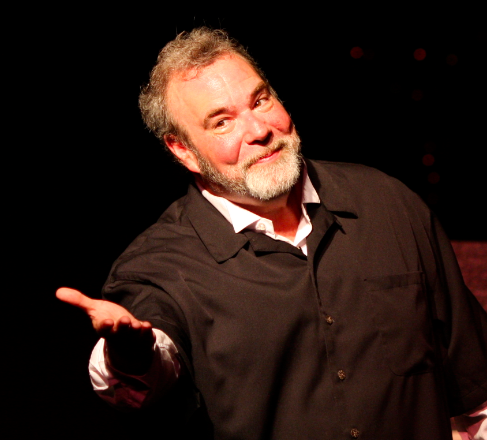 "...Every moment of his performance is characterized by emotional honesty..."—Chicago Reader
"...Every moment of his performance is characterized by emotional honesty..."—Chicago Reader
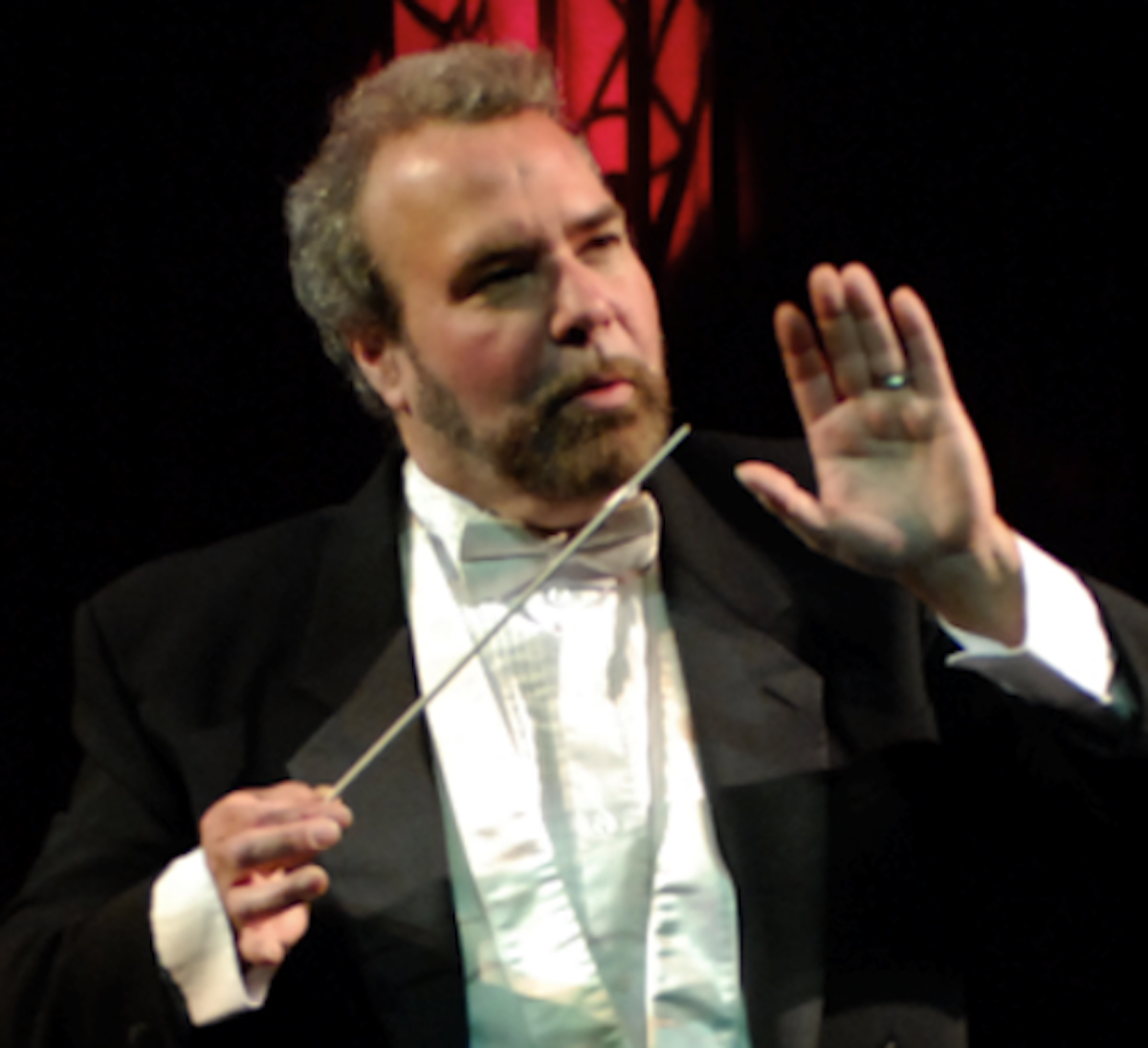 Reviews from AUDIENCE members:
Reviews from AUDIENCE members:
“A remarkable exploration of what it means to be a conductor.”
“...the most compelling theatrical celebration of the power of classical music since Amadeus.”
“Beautifully written and acted.”
“I was totally immersed in the performance and greatly moved by the writing.”
“A wonderful story, beautifully told.”
“This is the only play I know written about the art of conducting—so intriguing, I went home to learn more about the main character.”
“The performance is still living with me...making me wish I’d somehow known the tower of talent the world knew as Maestro Charles Bruck— and realizing a tiny piece of that...of him...is now mine."
“I was especially impressed by how skillfully the music is integrated into the drama.”
“An original, informative piece of work.”
“In a word? Captivating.”
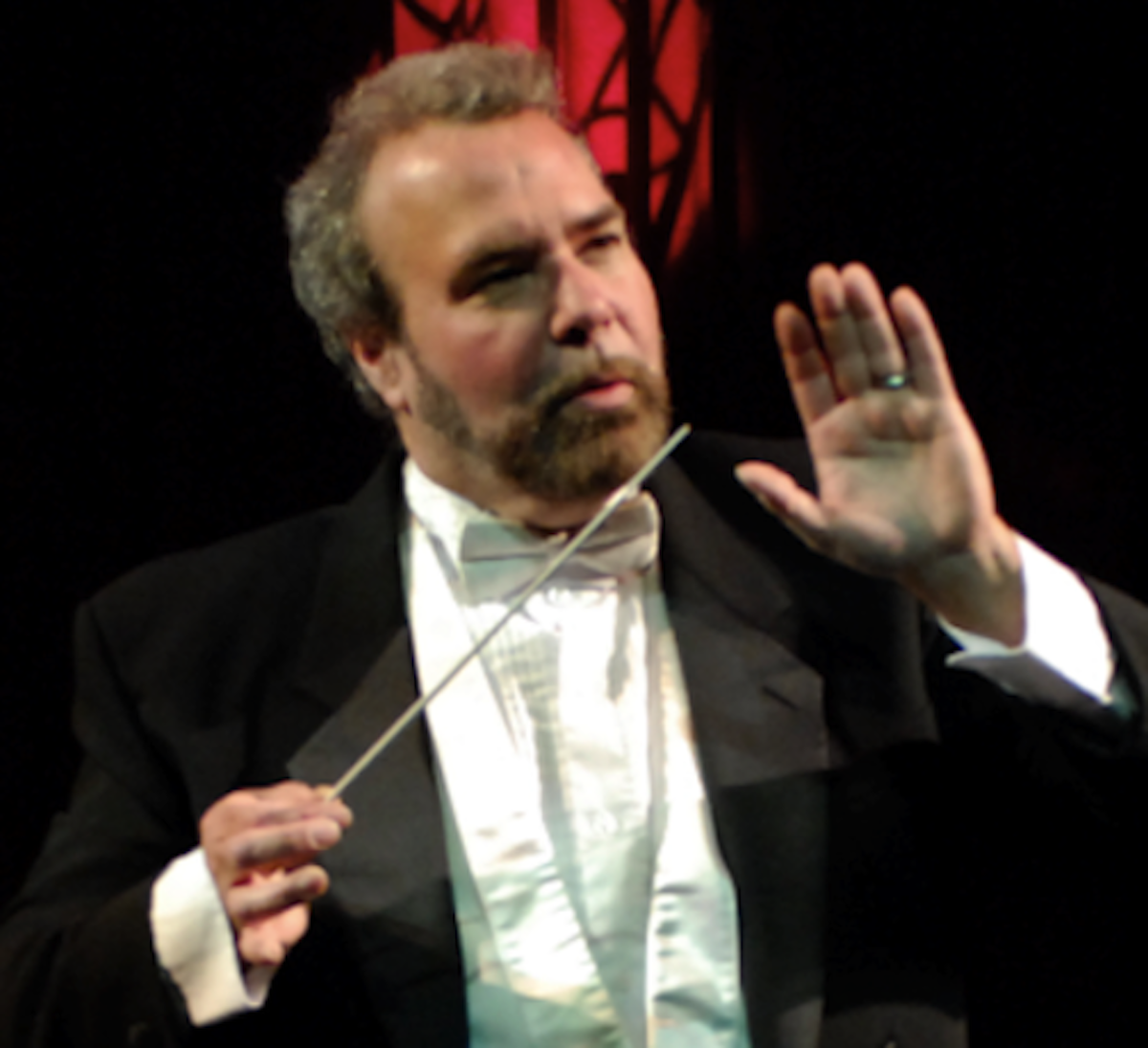 “...performed with the degree of passion demanded...”
“...performed with the degree of passion demanded...”
“...explores the complex relationship between musical composition and the achievements of the conductor. Mr. Katz’s portrait of Charles Bruck revealed many subtle complexities of personality and of teaching style by dramatizing both Bruck’s harsh methods and his incorruptible dedication.
"From monologues early in the play, short dialogues are developed that deepen into conversations, ones that extend even beyond the great teacher’s death. The last scene summarizes Bruck’s influence and power, rounding out a tribute performed with the degree of passion demanded in the service of music, and by extension, all art.”
—Nina Robison (CT)
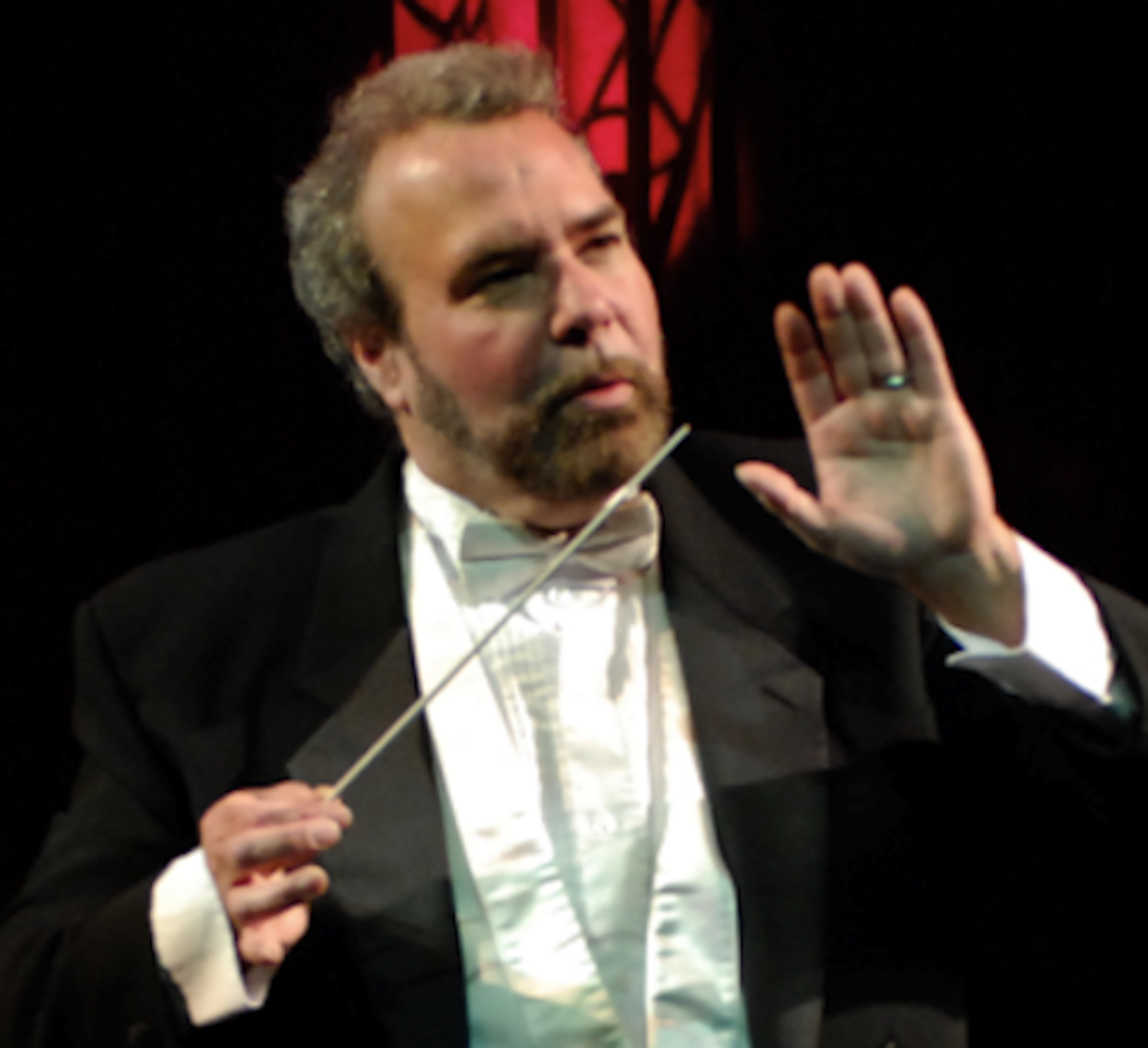 “...theater at its best”
“...theater at its best”
“Intimate theater at its best. The story is true—a great one for any aspiring musician, or just ordinary people who love great music. The play offers insight into what fires a real conductor to be truly special. Katz makes us feel as though we were studying conducting under brilliant Maestro Charles Bruck, and he makes us want to hear and learn more...”
—Rita Frost and Francis Caro (CT)
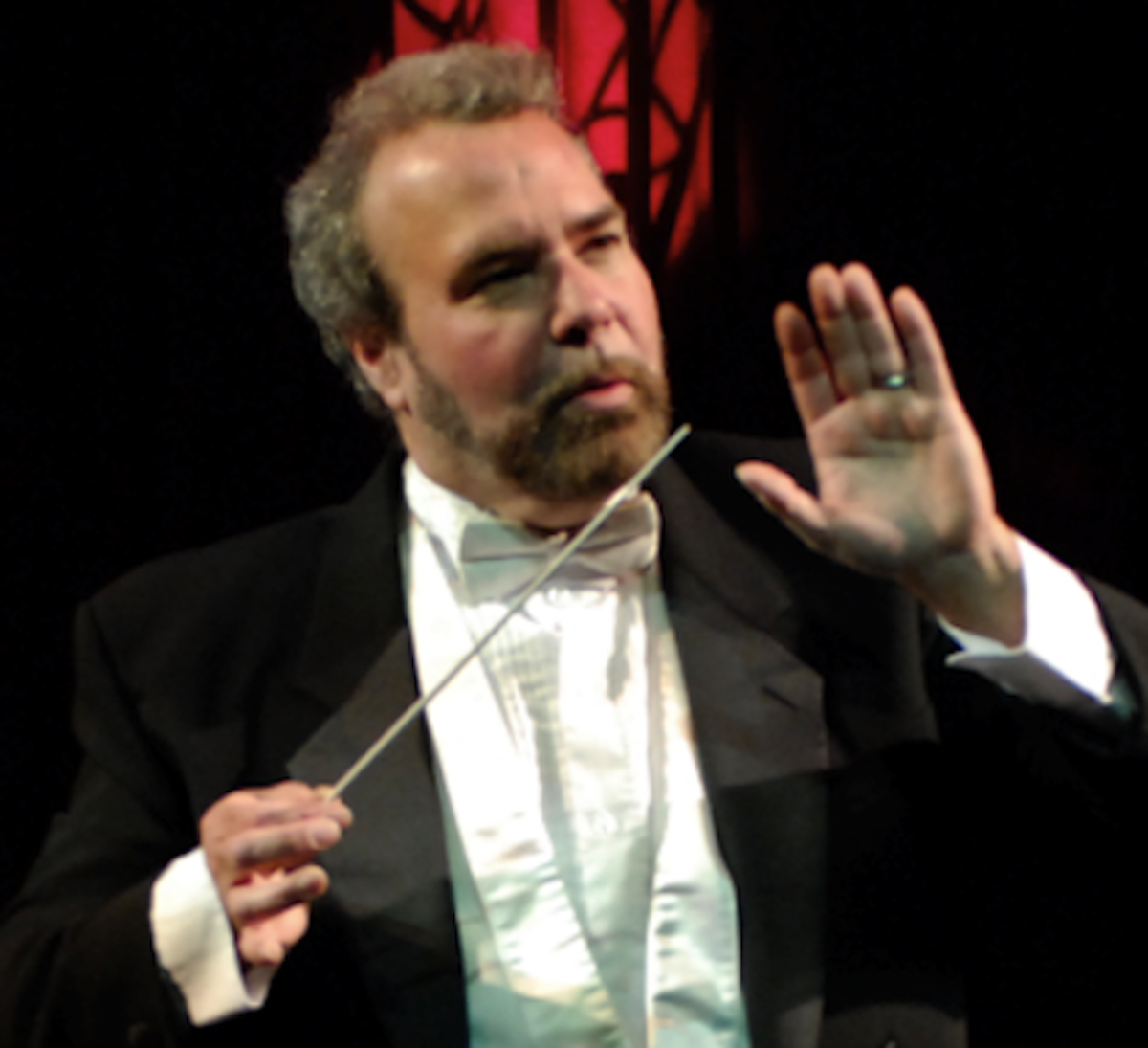 “..Katz succeeds, and then some...”
“..Katz succeeds, and then some...”
“Maestro Bruck enters fully formed, though later we get glimpses of one possible reason for his depth of passion in a scene built around music from the Holocaust. The Apprentice enters as a student both nervous and confident, who tries desperately to gain Bruck’s approval. The play is about that development—and it happens right before our eyes—as the Apprentice soon questions whether the Maestro’s approval is worth it, even fighting with the Bruck of his imagination about the best way to tell the story, or even to tell it at all. You can’t be totally accurate, Bruck says, your memories will be different. But truth, Katz seems to understand, is more than accuracy, just as music is more than the precise mechanical transfer of marks on a page to their corresponding vibrations in the air. The truth, the feeling, the passion compels the Apprentice, and he pushes Bruck and his objections aside to persist in telling the story...
“At the climax of the play the Apprentice has a conducting epiphany. Through his struggles, the young man has found the feeling, and Katz the actor evokes that feeling in us...
“For Katz the conductor, Charles Bruck was the revered master, the glass ceiling, who illuminated the upper limit of his conducting vision. For Katz the actor and storyteller, Bruck is the catalyst, the aggravating sand in the oyster. For Katz the conductor, the epiphany is a memory in the past, tinged with a certain regret. For Katz the actor and storyteller, the epiphany is sought in the present, in the hoped-for right now of his performance.
"He succeeds and then some, bringing alive the at-once compelling and repelling experience of being a student under Charles Bruck. The emotions, aesthetics and intellect of the audience are all fully engaged and challenged. I left the theater with the sense of being entertained, yes, but also of being transported to a less comfortable place, a place where I was given much with which to wrestle.”
—Rev. David Henry (ME)
